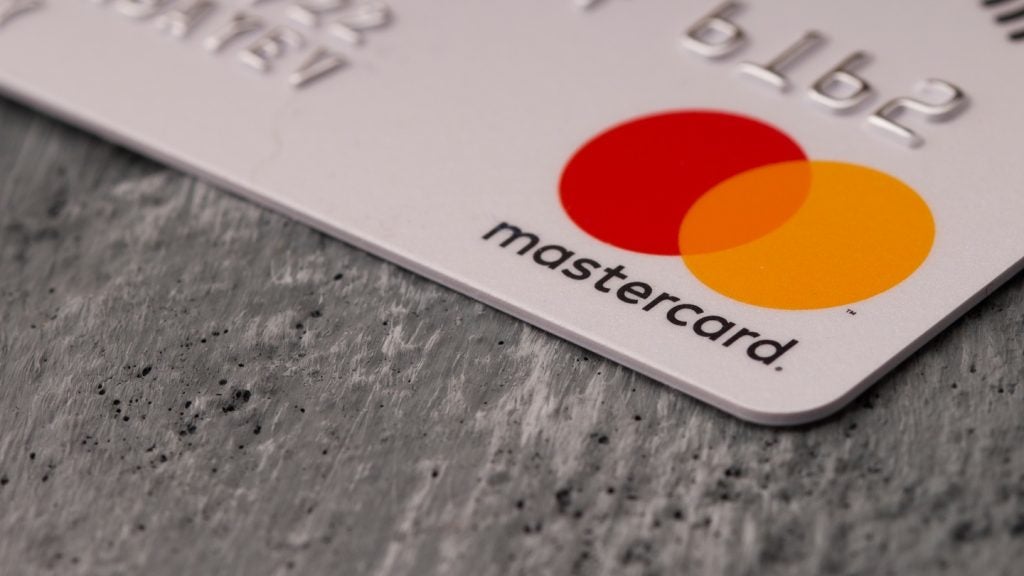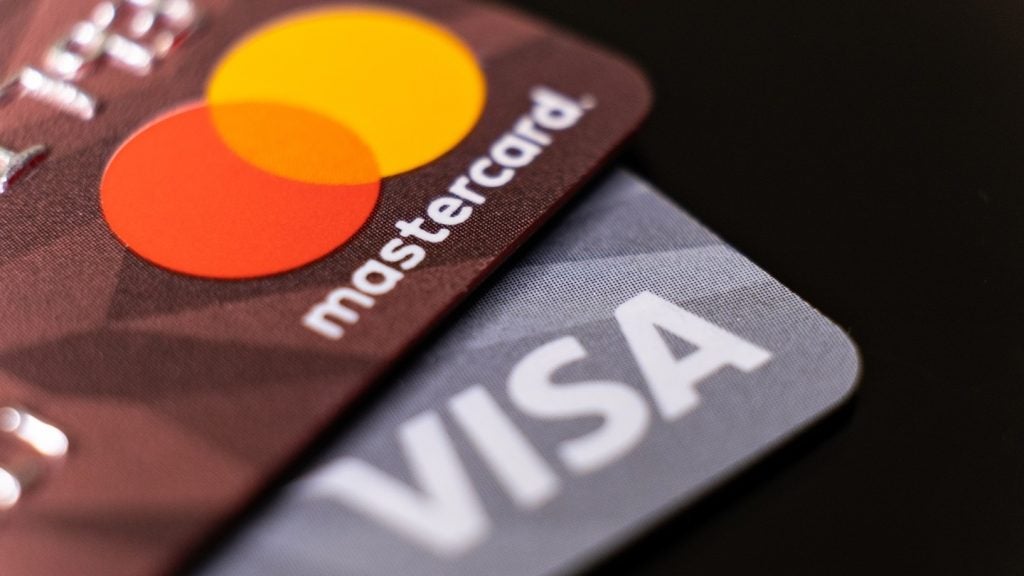Another market with a government drive to encourage cashless payments, Saudi Arabia has seen POS transactions almost triple in value since 2010. EMV-enabled cards and a rise in e-commerce have also fuelled the payment market’s growth. With an appetite for new technology, it is set to grow further
The government’s initiative to promote POS transactions, banks’ efforts to introduce Sharia-complaint cards, the rising technologically advanced young population and increasing e-commerce market are expected to push the growth of the country’s cards and payments industry over the next five years.

Access deeper industry intelligence
Experience unmatched clarity with a single platform that combines unique data, AI, and human expertise.
Saudi government’s effort to encourage less-cash payments propelled debit cards’ growth
The government took a number of initiatives to migrate towards a cashless society over the last five years.
One such initiative was the introduction of the Wage Protection System (WPS) law in June 2013. The law mandates that the salaries of employees are to be paid directly into bank accounts. WPS was implemented in phases depending upon the number of employees in any given organisation. It became mandatory for companies with 100 or more employees to transfer salaries into bank accounts in November 2015. Such initiatives are anticipated to further increase the volume of debit cards in circulation.

Technology encourages card penetration
Technology adoption is expected to be the key driving factor of industry expansion.

US Tariffs are shifting - will you react or anticipate?
Don’t let policy changes catch you off guard. Stay proactive with real-time data and expert analysis.
By GlobalDataEMV chip-enabled cards are already in circulation, and banks started to issue contactless cards, causing the cards and payments industry to be on the cusp of transformation. The adoption of EMV enabled cards grew substantially over the last five years, rising from 6.3 million in 2010 to 20.5 million in 2014.
In addition, the country is moving towards contactless payments with Riyad Bank launching the country’s first contactless card in September 2015 and took the initiative to transform its entire card portfolio to contactless technology. Other banks and card issuers are anticipated to follow and propel the growth of the industry.
The prepaid cards market also poses significant growth opportunities due to the high unbanked and expatriate populations. Prepaid cards for remittance and cash transfers were found to be of interest across the board, particularly for expatriates. Prepaid cards are more popular in Saudi Arabia than other Middle Eastern countries.
The country has a large influx of tourists to the Islamic holy cities of Mecca, Jeddah and Riyadh. Every year, millions of religious tourists visit Saudi Arabia as part of the Hajj pilgrimage, with others also taking part in the Umrah pilgrimage. A substantial number of tourists withdraw cash and carrying it during the pilgrimage which signifies an opportunity for prepaid card issuers.
As a result, many banks and card issuers offer cards exclusively for individuals traveling to Mecca and Madina.

Rising e-commerce drives e-payments
The value of e-commerce transaction grew rapidly in Saudi Arabia between 2010 and 2014, from $459.9m (SAR1.7bn) in 2010 to $2bn in 2014, and was estimated at $2.6bn in 2015.
The growth of the online transaction volume was assisted by the notable rise in internet penetration.
The government has also been taking steps to develop the e-commerce market.
The Ministry of Commerce and Industry introduced the first draft of the eCommerce Law in February 2015 to increase the competitiveness in the e-commerce market as well as to enhance the customers’ trust on online purchase.








